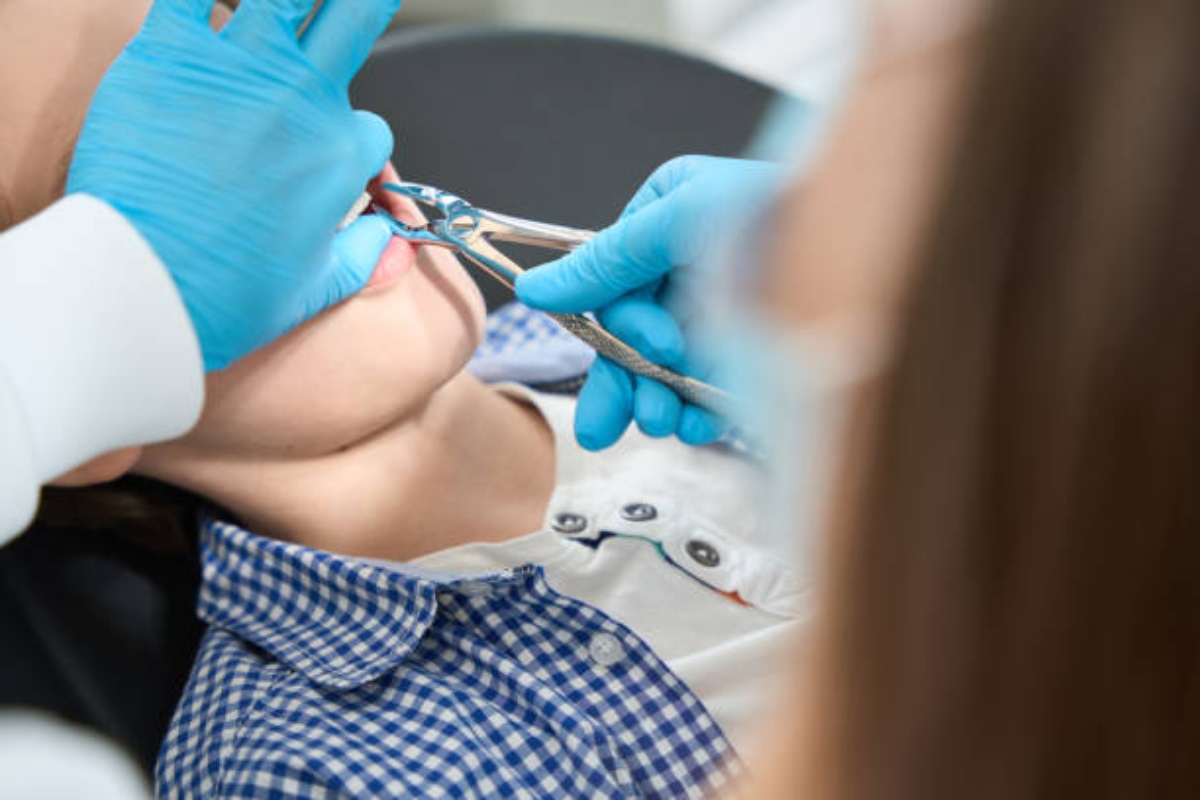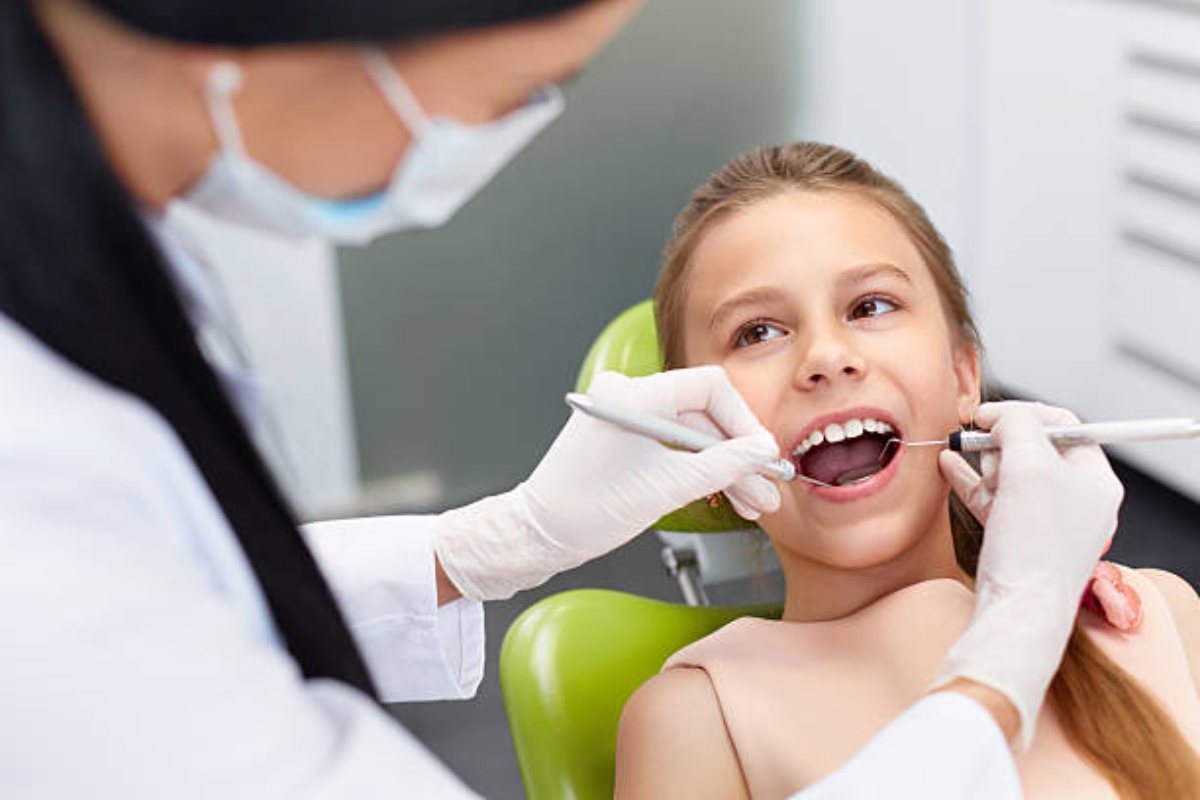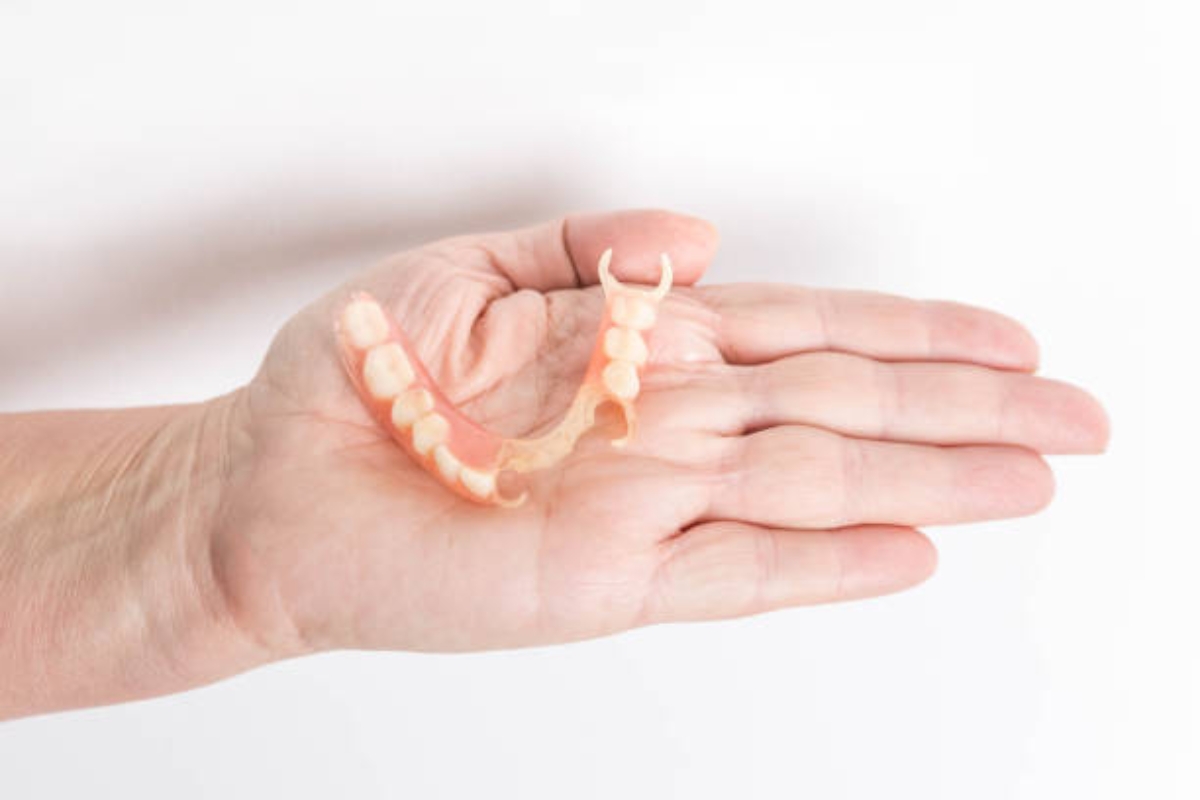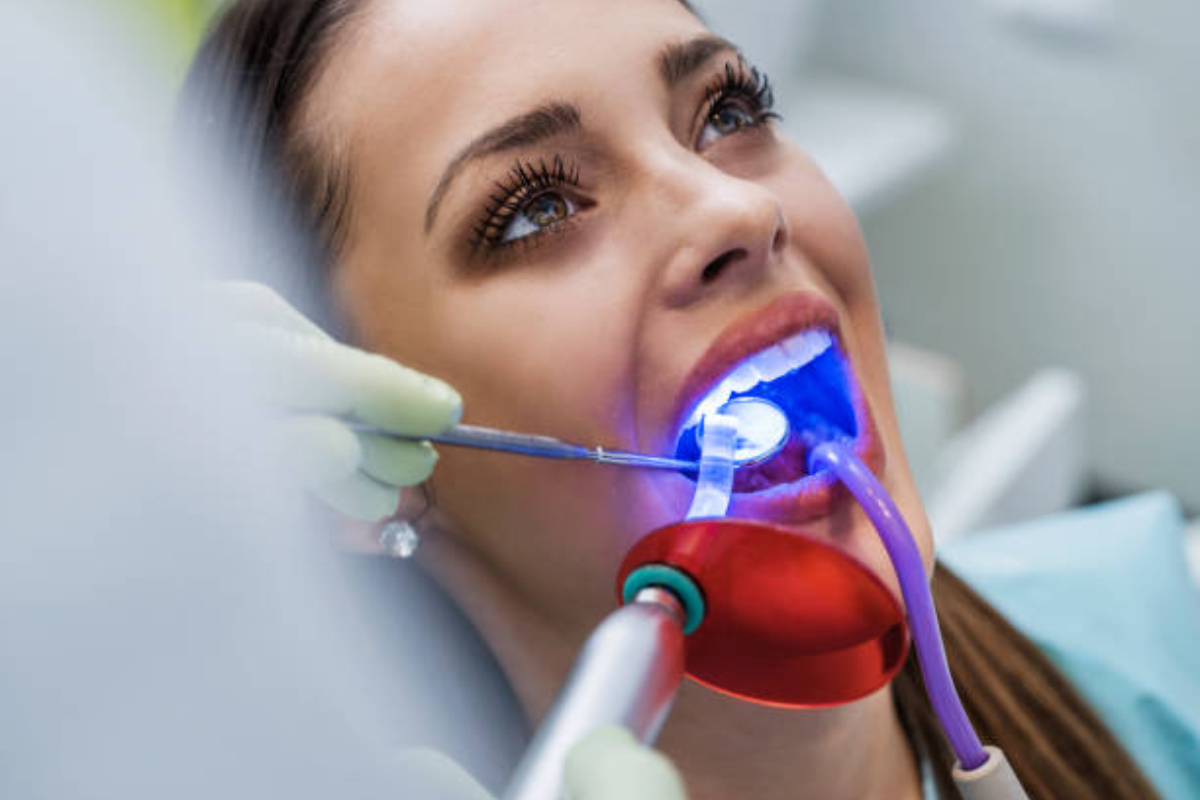Thumb sucking and pacifier use are typical in many babies and toddlers, and even though we may consider them normal parts of development, if the behaviours extend too long, they can create serious dental consequences. It is important as parents to recognize the risks so that we can support our child’s developing teeth earlier rather than later. If you are concerned about your child’s oral habits, pediatric dentistry in Wetaskiwin can help with early intervention and advice so that your child can have a healthy smile.
Why Your Child Might Need a Dentist?
A dentist in Wetaskiwin can view the oral growth and stimulation of developing teeth. In the event of advanced thumb sucking or pacifier use, a dentist may simply notice early signs of misalignment or, in some cases, bite issues led by the habit.
Regular checkups allow professionals to intervene early, before the habits affect permanent teeth.
Benefits of early dental visits:
- Track your child’s oral development
- Identify dental concerns early
- Get help breaking habits gently
- Prevent long-term bite issues
What You Should Know About Thumb Sucking and Teeth
Thumb sucking and teeth issues go hand in hand if the habit continues beyond toddler years. Constant pressure from the thumb can push teeth out of position or change how the jaw develops.
Problems that can happen:
- Crooked front teeth
- Overbite (top teeth stick out)
- Speech problems
- Palate (roof of mouth) changes
- Breaking the habit by age 3 is best to avoid lasting damage.
What are Pacifier Teeth Problems?
Pacifier teeth problems are often viewed as less harmful than thumb sucking, but that’s not always true. These problems can develop if the pacifier habit persists past the age of 2–3.
Possible problems include:
- Narrow dental arches
- Open bite (space between top and bottom front teeth)
- Altered tooth alignment
How Pacifiers Affect Teeth Over Time
It depends on how long and how often they’re used. Occasional use is not usually a problem, but regular, long-term use, especially past toddler years, can reshape your child’s bite.
Things that make the damage worse:
- Constant sucking (day and night)
- Using hard or large pacifiers
- Delayed weaning
Ask your child’s dentist about the best way to wean off pacifiers.
What are the Effects of Thumb Sucking on Baby Teeth
The thumb-sucking effects on baby teeth can be seen in children as young as 2 or 3 years old. The front teeth may begin to slant outward or fail to meet properly.
Common effects:
- Irregular spacing of teeth
- Jaw growth problems
- Tooth eruption delays
- The longer the habit continues, the harder it is to correct.
How Does Thumb Sucking Affect Teeth in the Long Term?
You may ask, how does thumb sucking affect teeth as kids grow older? If thumb sucking continues past age 5 or 6, at which point the child’s permanent teeth start to come in, then the damage may become permanent unless treated by an orthodontist.
Possible long-term consequences:
- Misaligned adult teeth
- Jaw pain or discomfort
- Need for braces or other treatments later
- Stopping the habit early saves money and prevents emotional stress.
What Are Some Dental Issues from Pacifier Use You Might Not Expect
Pacifier use can leave behind hidden dental issues that parents don’t consider. In addition to crooked teeth, there are issues like:
- Mouth breathing
- Trouble swallowing correctly
- Delayed speech
- More frequent ear infections
If your child has any of these issues, contact a pediatric dentist near you for help.
Is Thumb Sucking Bad for Teeth at Any Age?
You might be wondering, Is thumb sucking damaging to teeth at any age? The answer is it depends on how long it has been done habitually at an age. Babies suck their thumbs, but if thumb sucking becomes a chewing habit through preschool or kindergarten, then problems concerning teeth can start to develop.
Some positive tips to help kick the habit:
- Offer a comfort object instead of thumb sucking.
- Provide verbal praise for not sucking.
- Provide a tool to remind your child they are working towards stopping sucking, such as a thumb guard.
- Talk to your child’s dentist for support.
What You Can Do Next
Sucking a thumb or using a pacifier is normal for infants and toddlers. But if they are still doing it as toddlers, this habit can lead to dental problems. If you catch this sign early and take your child to a pediatric dentist, you’ll potentially protect your child’s smile and avoid complex treatment later. Contact our team at Spring Dental to get professional advice and support to promote healthier habits to help fulfill your child’s oral potential.
FAQs About Thumb Sucking and Pacifier Use
When should I be worried about thumb sucking?
If your child is still sucking their thumb after age 3, talk to your pediatric dentist.
Can pacifiers be safe for babies?
Pacifiers are safe for use up to 12–18 months in infants, though they need to be weaned after.
Will my child need braces because of thumb sucking?
Possibly, if the habit continues as adult teeth grow in.









